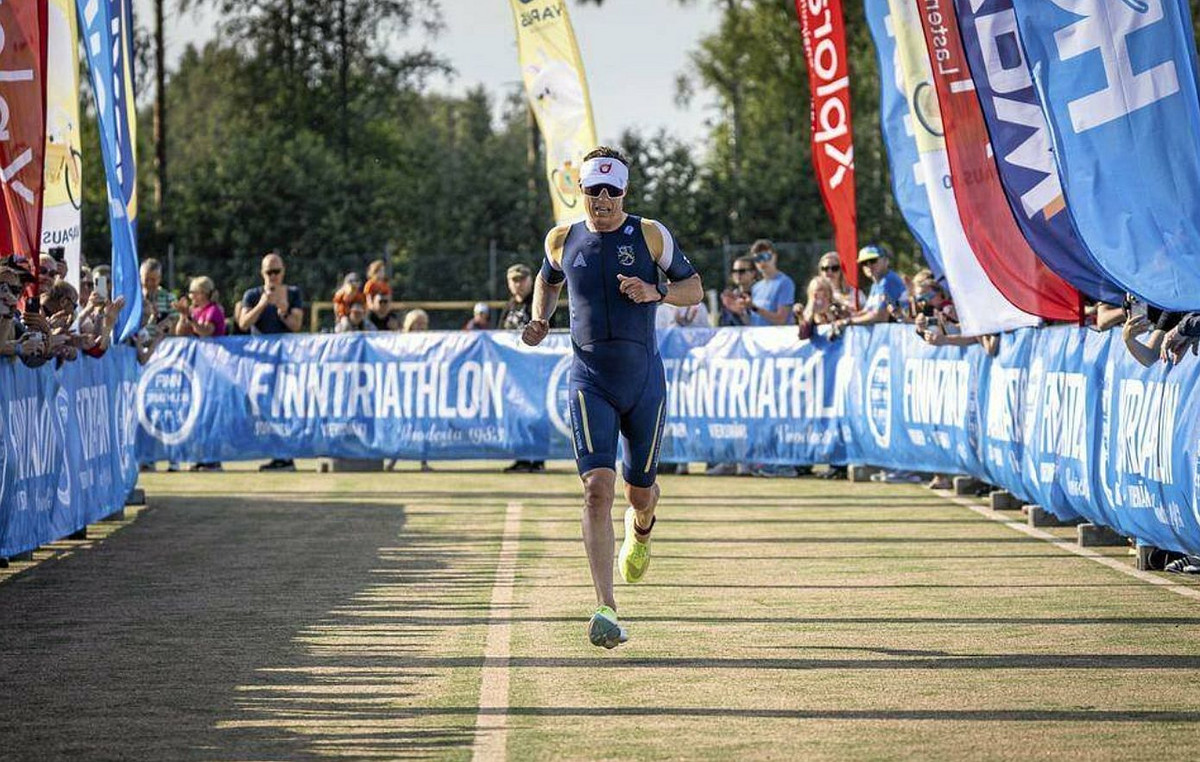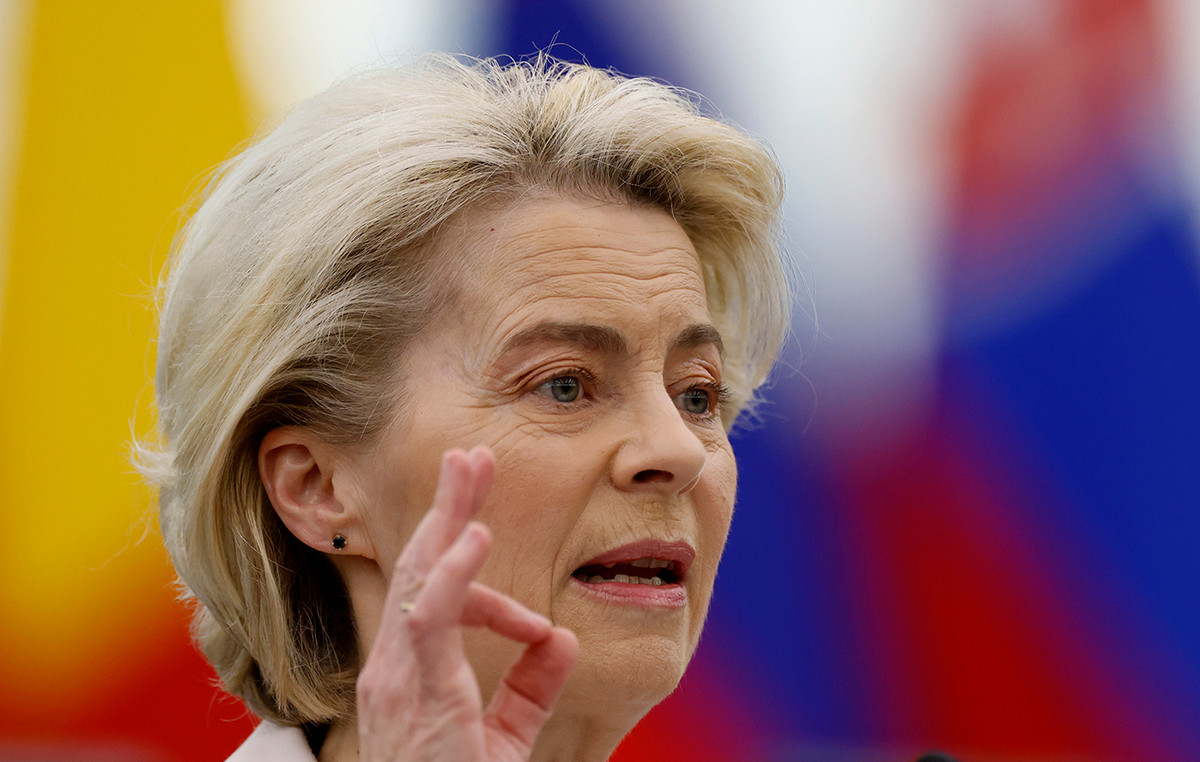Of Eleftheria Kourtali
Given the challenges posed by price increases and the Russian invasion of Ukraine, according to DBRS, it is premature to abolish an effective tool like “Hercules” when it is scheduled to expire in October 2022.
At the same time, as he points out, as the responsibility of managing the NPLs has been transferred to the servicers, their real resolution is just beginning and will take time.
More specifically, as noted by DBRS, the Greek systemic banks – Alpha Bank, Eurobank, National Bank and Piraeus Bank – achieved a huge reduction of the combined NPLs index to 7.0% (15 billion euros) by the fourth quarter of 2021 from 41.4% (84 billion euros) in the first quarter of 2019, mainly with the help of the “Hercules” program that started at the end of 2019 and, in April 2021, was extended by 18 months until October 2022.
The accelerating decline in NPLs on banks’ balance sheets has resulted in significant losses for banks. While the banks’ capital cushions have eroded, through active fund management, they have remained well above the minimum regulatory requirements, the house notes.
The moratoriums set in the second quarter of 2020 declined fairly quickly (at the end of the second quarter of 2020, € 22.2 billion in loans held by the four Greek banks were suspended – by the end of the fourth quarter of 2020, that number had decreased to 4.1 billion euros and amounted to 0.1 billion euros at the end of the 4th quarter 2021). The continued support from the “Bridge” program, the bank-specific step-up solutions, the new insolvency framework together with the better-than-expected recovery of the Greek economy, have so far prevented the large accumulation of new non-performing exposures.
There are some loans and advances subject to public guarantee schemes that are still pending, but make up a small percentage of total loans (€ 5.5 billion in total loans and € 215.8 billion at the end of the fourth quarter). 2021, representing 2.5% of the total).
As DBRS notes, there is now more visibility in the four Greek systemic banks, which are almost equal in size with an average of over 70 billion euros in total assets per bank. By comparison, the fifth largest bank, Attica Bank, has total assets of less than 4 billion euros, with the other retail and cooperative banks being significantly smaller in size. There is less visibility about the non-performing exposures of these smaller banks and the extent to which they could make use of the “Hercules” program.
Given the private nature of Greek transactions, there is no visibility in terms of the performance of transactions to date and how to compare the recoveries with the original business plans. The expected inflows of around € 70 billion from the EU over the next six years, rising housing prices, declining unemployment and rising GDP will have a positive impact on the quality of assets in banks’ balance sheets and liquidation. of existing NPLs.
“Iraklis” expires in October 2022, having contributed substantially to the reduction of non-performing exposures of systemic banks. However, there is continuing uncertainty about the speed and volume of potential future deterioration of assets in bank balance sheets, DBRS points out.
Inflationary pressures, rising energy prices (initially due to supply chain disruptions, reinforced by the Russian invasion of Ukraine) and potential supply bottlenecks will put pressure on consumers and businesses. How long this price pressure will continue and how it is offset by consumer protection and business support programs will play an important role in setting the trend for new NPLs and their performance. “It remains to be seen how these pressures will be addressed by additional government measures and funds flowing in from the EU,” DBRS said.
According to DBRS, when the Italian GACS program was extended for another 12 months, in May 2021, the non-performing loan ratio in Italy for EBA-covered banks was around 4%. Comparatively, this index stood at 7% at the end of the fourth quarter of 2021 for Greece. The GACS program started in 2016 and will end on June 14, 2022 after two extensions (May 2019 and May 2021). According to recent reports, discussions are underway to further expand GACS with some structural changes (such as raising the rating threshold and reducing government guarantees, among others) in light of the current economic environment.
“In our opinion, the Greek Hercules program could be extended beyond the current end of October 2022”, as the house notes.
Following experience in other jurisdictions such as Italy, Portugal, Spain and Ireland, DBRS Morningstar expects that future sales of NPLs in Greece will cover portfolio sales from existing transactions (direct purchases or securities other than HAPS). sales of remaining positions or new NPLs in smaller amounts to the systemic banks and the smaller banks.
Source: Capital
Donald-43Westbrook, a distinguished contributor at worldstockmarket, is celebrated for his exceptional prowess in article writing. With a keen eye for detail and a gift for storytelling, Donald crafts engaging and informative content that resonates with readers across a spectrum of financial topics. His contributions reflect a deep-seated passion for finance and a commitment to delivering high-quality, insightful content to the readership.







